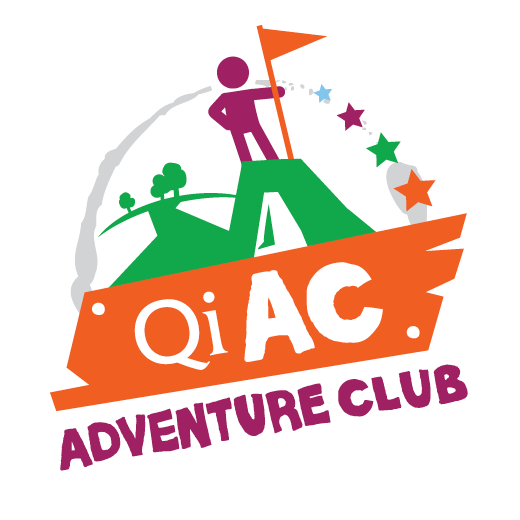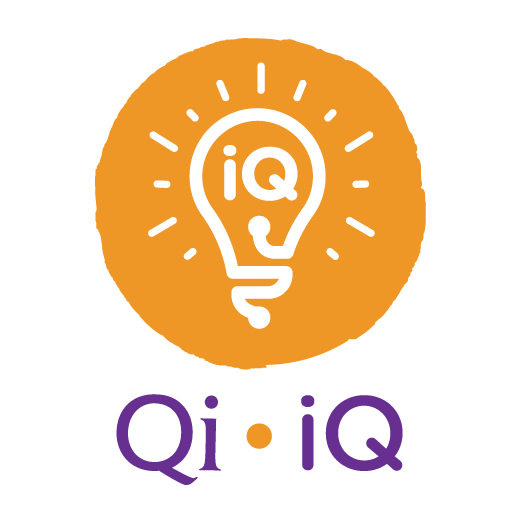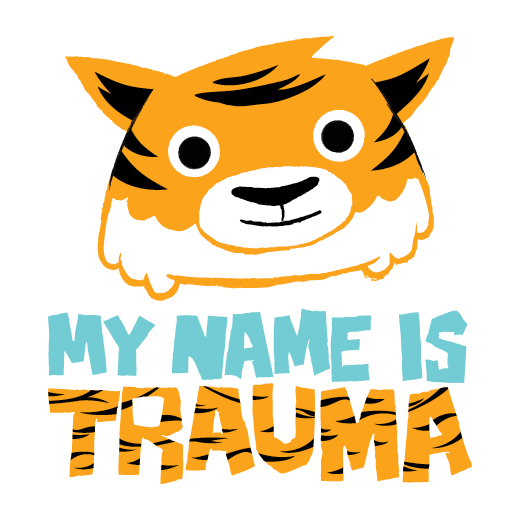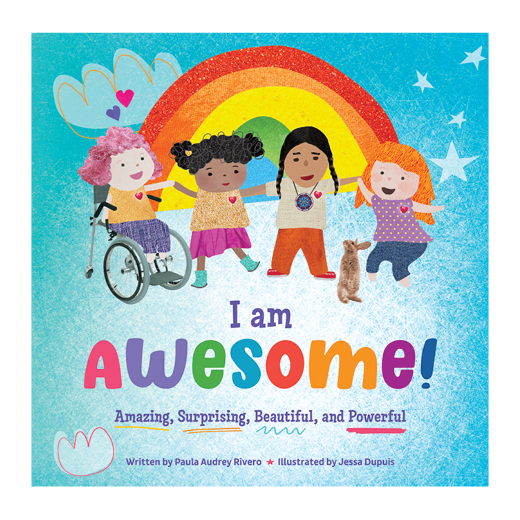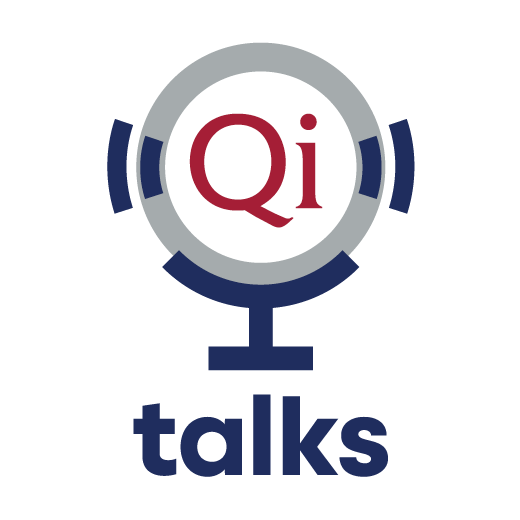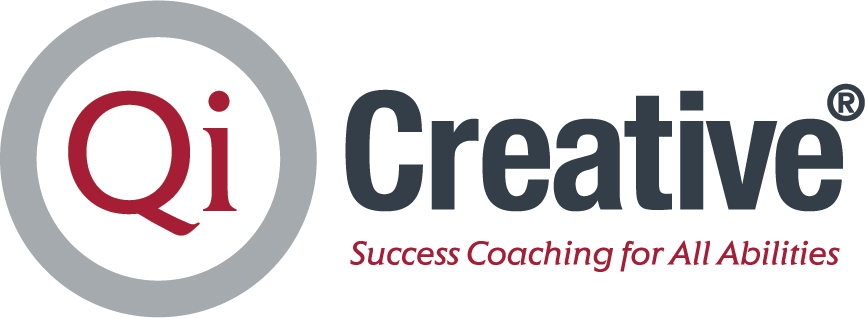13 Funding Sources for Disabled Canadians
Above photo: 3 adults, all seated with 1 visibly seated in a wheelchair, are smiling and socializing. Each is holding a beverage in a glass and are bringing their hands together in a celebratory toasting gesture.
Every family living with disabilities knows that ‘basic’ equipment: wheelchairs and power chairs, hearing aids, tablets and other AAC devices, adaptive seats, sensory tools like headphones and Loop earplugs, ramps and handlebars, and more—are not so ‘basic’ financially.
According to the 2022 Canadian Survey on Disability, approximately 8 million Canadians aged 15 and over have at least one disability. This number means that at least 27% of the country’s population lives with conditions that limit their daily activities to some extent, thus requiring support and assistance to live equitable lives in their communities.
Regretfully, acquiring these treatments, aids, and equipment can be a financial burden for many individuals and families across their lifetime. The good news is that many programs and services are available within Canada for disabled citizens, their families, and caretakers.
Qi Creative coaches in the past have also provided services in helping to apply for, and advocate for, families receiving funding for equipment and tools. Looking for services? Fill out an Intake Form today (rainbow button on the side of this page!)
We cannot guarantee eligibility or success for applying to any specific funding program, but we hope the below funding sources provide the opportunity to access supports and provide much-needed relief for disabled Canadians (and Albertans, as we’ve scoped out a few Albertan resources given our headquarters in Edmonton!) across the country.
Alberta Aids to Daily Living
Alberta Aids to Daily Living (AADL) is a program funded by the Alberta government to assist its citizens with long-term disabilities and chronic or terminal illnesses. It is meant to fund medical equipment, treatments, and supplies.
The AADL program is available to Alberta residents deemed eligible for funding by an authorized healthcare provider, who do not have a private insurance plan, and who are not covered by other benefit programs. To apply, candidates must first be evaluated by a healthcare professional from AADL-approved healthcare professionals.
Mobility Basics
Initially conceived as a resource hotspot for “people looking for information on products to make their lives more independent,” Mobility Basics soon expanded into an information haven for people with disabilities, caretakers, and family members.
There is no specific funding initiative directly from Mobility Basics, however we found their resources to be wide-ranging on their collection of categories, pictures, and explainers of everything a family might need when transitioning to wheelchair-friendly or other reduced mobility lifestyles at home.
The funding information section covers all sorts of programs organized by province to make browsing easier. It also includes an easy-to-follow outline explaining the basics of applying to the aforementioned AADL program.
Alberta Easter Seals
Another Alberta-based service, Alberta Easter Seals is a registered charity dedicated to “fostering inclusion, independence, and recreation” for people with medical conditions and disabilities.
Their many services and programs cover many concerns for disabled people. For example, Alberta Easter Seals provides the Equipment Loan Program, which can fund one piece of equipment for up to $5,000. Likewise, the AccessABILITIES Home Automation Program intends to provide home automation to ensure their quality of life and independence.
Other notable services are scholarships, discounts on transportation, and even an outdoor camp.
Access 2 Card
The Access 2 Card program is another of Easter Seals Canada’s many programs—perhaps with the most widespread usage and appeal.
The card allows disabled recipients (AND one adult support person, hence the name Access 2) inclusive access to countless cultural and recreational entertainment options. It is available to individuals who live with a permanent disability and require permanent assistance of a support person when visiting the venues.
Unlike other programs which require the support person to be credentialed in some way when applying (e.g. registered Personal Support Worker), the support person may be related to the applicant like a parent—however individual venues may vary on whether or not they enact this specific rule with the Access 2 Card.
The program has over 500 participating venue locations, and the Access 2 Card costs $20 for three years.
We’ve even discussed the Access 2 Card in a previous blog post!
MedicAlert Foundation Canada
As an organization, MedicAlert focuses primarily on providing you and potential first responders with direct access to your health record through a bracelet, necklace, or shoe tag containing your medical history.
However, MedicAlert is, first and foremost, a charity. Through their fundraising, they have impacted countless lives, mainly through the Inclusion, Diversity, Equity in Action (IDEA) program, meant to give vulnerable populations access to MedicAlert’s services through a full or partial subsidy.
Children’s Ability Fund
The Children’s Ability Fund is an Alberta-based organization committed to “taking the ‘dis’ out of disability” by providing full or partial funding for the specialized equipment that children and young adults with chronic illness or disabilities may need.
To qualify, the beneficiary must be a dependant under 21 years old with a disability that requires devices to perform everyday tasks. The beneficiary must also reside in Alberta and have Canadian citizenship or permanent resident status. If the application is approved, disabled children can receive up to $10,000 in equipment, such as mobility devices or assistive technology.
For the Love of Children Society of Alberta
Founded by Ashid Kumar Bahl in 1980, the For the Love of Children Society of Alberta is a nonprofit organization dedicated to helping countless children worldwide.
Despite its broad scope, the organization also does local projects within Alberta and Canada. It does not focus specifically on disabled children, but it provides countless support in multiple ways, including direct help to children and helping refugees and immigrants settle in Canada.
Opportunities Fund for Persons with Disabilities
The Opportunities Fund is a Government of Canada program that supports individuals with disabilities in pursuing inclusive and dignified employment by preparing them to find, obtain, and maintain jobs.
The program assists people with disabilities through coaching, training, human resources support, and more. It works with organizations to prepare the program and help them diversify the workforce cohesively and respectfully. Eligible organizations can apply for funding of up to $15,000,000 for projects that last up to three years.
Variety—The Children’s Charity of Alberta
Variety seeks to support children with specialized needs and physical, developmental, or learning disabilities throughout Alberta and Saskatchewan. To assist in this goal, Variety offers several programs worth considering.
For example, the Inclusive Playgrounds program provides guidance, assistance, and support to anyone interested in building playgrounds that welcome children with disabilities.
Other funds are Go Baby Go, which offers safe toy cards for children with limited mobility, and Type 1 Diabetes Support, which grants Continuous Glucose Monitors to children with Type 1 Diabetes.
However, the qualifying criteria are not public, so you must inquire if you may be suitable.
Muscular Dystrophy Association of Canada
Unlike what the name may imply, the Muscular Dystrophy Association of Canada does not only support individuals with this type of disorder. Instead, it provides programs, services, research, and advocacy for people afflicted with various neuromuscular disorders.
Registered clients can receive services and financial assistance, including the Equipment Program, Community Services Fund, Access to Treatments, and even Family and Caregiver retreats.
To apply, you must have a supported neuromuscular disorder diagnosis and be a Canadian resident—a citizen, landed immigrant, or refugee.
The Kidney Foundation of Canada
Perhaps most well known for their Kidney Car charity drive, The Kidney Foundation is a longstanding institution with 60 years of history. It is the driving force behind life-changing programs, services, and research that have improved the lives of countless Canadians struggling with kidney disease.
Currently, the foundation provides two programs: Short-Term Financial Assistance for emergencies when other funding sources are unavailable and the Living Organ Donor Expense Reimbursement Program, which can ease the financial burden for living organ donors.
Residential Access Modification Program (RAMP)
The Government of Alberta offers the RAMP grant to low-income citizens seeking to secure funds to modify their living space for accessibility.
You may qualify for the grant if you’re a Canadian citizen or permanent resident who has lived in Alberta for 90 continuous days and faces specific mobility issues due to neurodegenerative disease or continuous wheelchair or 4-walker usage.
However, remember that the RAMP grant has a limited scope and only accepts individuals or families within a certain income bracket and for specific home renovation projects. Luckily, the RAMP Guidelines and Criteria offer a full breakdown of essential aspects to consider.
Jordan’s Principle
Jordan’s Principle, or JP, was also shared in a past blog post, where we break down what it is, eligibility criteria, and how to get started reaching out to apply.
If you are Indigenous, or have at least one parent/guardian who is registered or eligible to be registered under the Indian Act, you may be eligible for support through Jordan’s Principle. Jordan’s Principle is available to First Nations children across Canada, and if you are in Alberta, the First Nations Health Consortium can assist you with applying to Jordan’s Principle.
There are First Nations Health Consortium offices across Alberta, and Jordan’s Principle can support Indigenous Canadians with a wide variety of supports, including childcare and camp costs, direct therapy, school supports, respite, dental care, and equipment including wheelchairs and tablets.
A Helping Hand is Always Nearby
Luckily, things have changed for people with visible and invisible disabilities. Inclusion is more widespread than ever, and these resources are just a tiny glimpse into the assistance—from provincial, federal sources and NGOs—available within Canada’s borders.
WOOSH!
